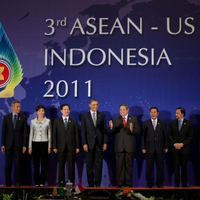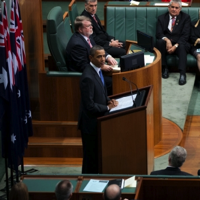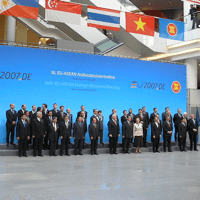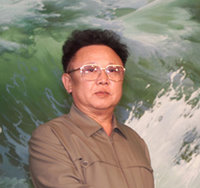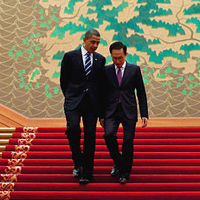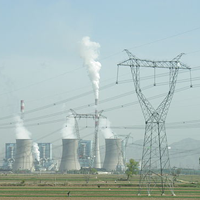
BEIJING — Following recent declines in headline inflation, weak power generation in October and deepening financial losses for power companies, speculation has once again picked up regarding potential coal and electricity pricing reform in China. While some form of price adjustment looks imminent, structural reforms to pricing mechanisms affect multiple domestic interest groups and are proving hard to manage for the party-state. Beyond pricing, many broader reforms are already delayed, and the struggle to build consensus looks likely to cause further disruption. China’s ambition to wean itself off coal is well-documented. Draft versions of the 12th Five-Year Plan (2011-2015) outlined […]

